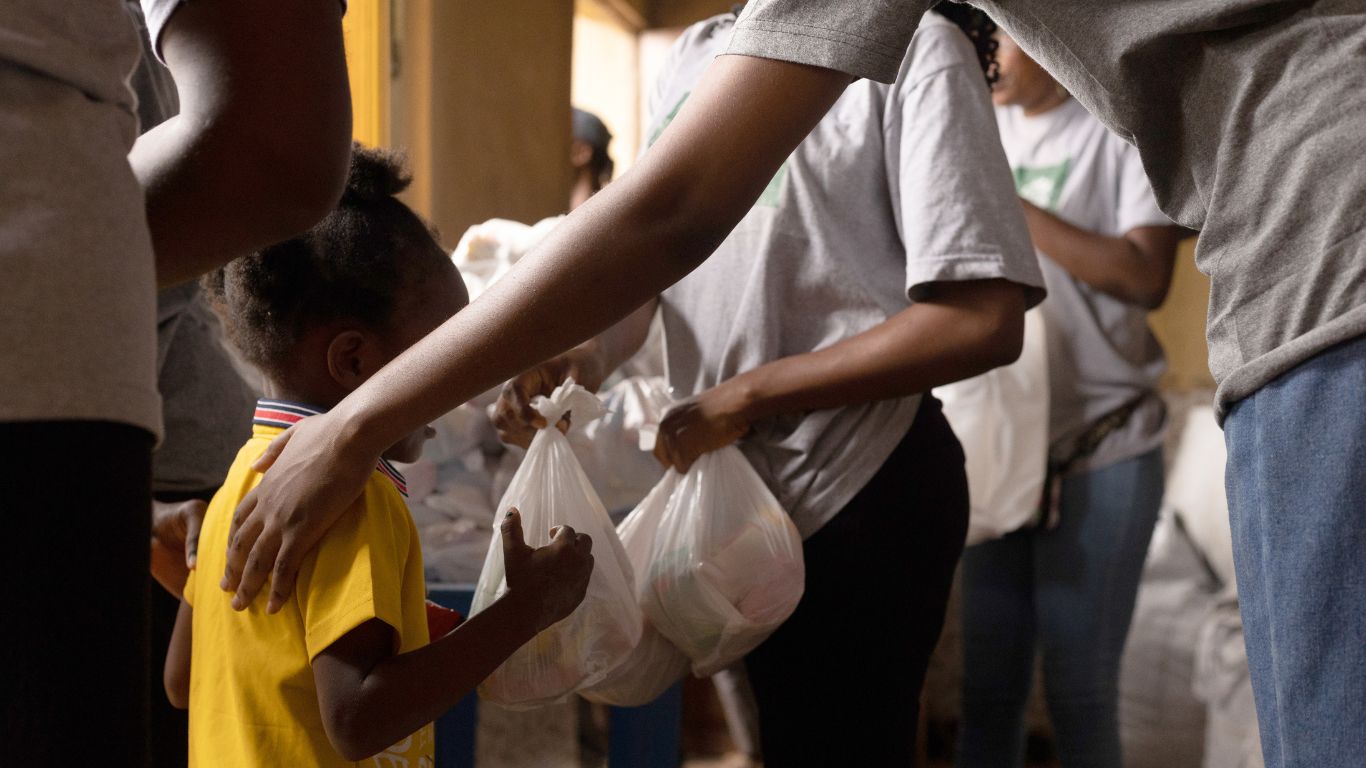
When conversations about disability come up, one word often sneaks in quietly: charity.
Charity has long been the lens through which society views people with disabilities. Fundraising campaigns often show sorrowful images, headlines emphasize “helping the less fortunate,” and stories focus on need rather than potential.
But the truth is, charity may offer temporary relief, but it can never build dignity, agency, or equality. As long as disability continues to be framed through pity, society will overlook the leadership, resilience, and contributions of people with disabilities.
It’s time to go beyond charity and to start changing narratives on disability.
Why the Charity Lens Hurts More Than It Helps
The charity narrative is often well-intentioned, but it reinforces harmful assumptions:
- That people with disabilities are objects of help, not agents of change.
- That disability is a tragedy to be pitied rather than a reality full of potential.
- That inclusion is optional, not a right.
This lens also makes it easier for governments and institutions to step back. If families can “rely on donations,” there is less urgency for inclusive policies and systemic change. Charity fills a short-term gap, but it can silence the long-term fight for justice and accountability.
Reclaiming Narratives: From Pity to Power
So how do we start changing narratives on disability?
We shift the focus from pity to empowerment. That means highlighting stories of people with disabilities as contributors and leaders: students excelling in school, young advocates driving change, parents navigating challenges with resilience, entrepreneurs building businesses, and athletes breaking barriers.
Representation matters too. Far too often, narratives are written about people with disabilities instead of by them. Reclaiming these stories ensures that lived experiences shape the conversation, not someone else’s assumptions.
Moving From Charity to Rights
What does this look like in practice?
- Policy Before Pity
Inclusion should be enforced by law, not left to goodwill. Education, healthcare, and workplaces should welcome people with disabilities as a matter of rights, not favors. - Representation Matters
People with disabilities should be included in decision-making spaces from local councils to national parliaments to ensure policies reflect lived realities. - Community Awareness
Words matter. Terms like “suffering from,” “confined to,” or “special” reinforce pity. Awareness campaigns can shift public perceptions over time. - Empowering Support
Investing in assistive technology, accessible transport, or entrepreneurship training empowers rather than infantilizes. Temporary handouts are not enough.
Why Changing Narratives on Disability Matters Now
The fight for disability inclusion coincides with broader struggles for equality and justice. Around the world, we see growing resistance to human rights, cuts in social services, and narratives that push marginalized communities to the edges.
If disability continues to be framed solely as a charitable cause, it risks exclusion from these movements. But by changing narratives on disability, advocacy becomes part of the larger fight for inclusion; locally, nationally, and globally.
This isn’t just about language; it’s about power. People with disabilities should be active participants in shaping the future, not passive recipients of help.
A Call to Rethink
Next time we talk about disability, ask:
- Are we telling a story of pity, or a story of empowerment?
- Are we focusing on short-term fixes, or pushing for systemic change?
- Are we seeing people with disabilities as leaders, or merely beneficiaries of charity?
When we go beyond charity and focus on changing narratives on disability, we open the door to justice, dignity, and real inclusion.
Dignity isn’t given through handouts, it’s built through recognition, respect, and rights.

